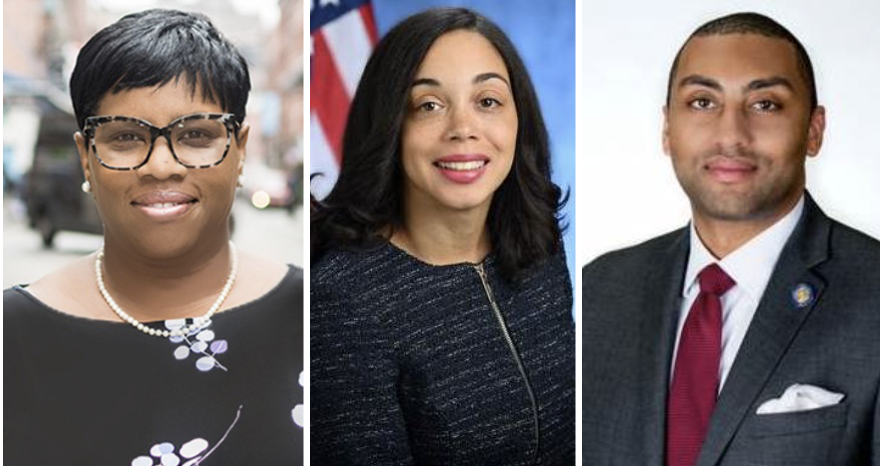
Last fall, in a cramped interrogation room, a NYPD detective read a 17-year-old his Miranda rights and asked whether he was willing to answer questions. Sitting next to the boy was his mother.
“No,” the boy replied.
This clear, unambiguous “no” is captured on closed-circuit video footage which also shows what happened next. After leaving the room following the boy’s refusal to cooperate, the detective returns and then engages the mother about her concerns for her son’s welfare, pressing her to ask him what happened herself. She does so — and only then does the boy begin to talk and the detective to follow up with more questions.
The detective then manipulates the boy into signing a document that he deceitfully describes as merely “the questions I read off to you,” as if it were only a formality. In fact, the detective recorded the boy’s response to whether he was willing to answer questions as “yes” — a brazen misrepresentation of what had happened. In signing the form, the boy unwittingly waived his Miranda rights away.
Unlike this boy, whose interrogation fortunately was videotaped, the vast majority of youth waive their Miranda rights, failing to fully comprehend the long-term consequences of this decision. Those who are privileged enough can hire a lawyer who can invoke their rights before an interrogation. But the predominantly Black and brown youth who rely on public defenders do not meet a lawyer until arraignment. They are subjected to coercive police interrogation tactics unprotected.
Research overwhelmingly suggests that juveniles are distinctly susceptible to coercive interrogation tactics, and are much more likely than adults to confess under pressure to crimes they have not committed. In the past 25 years, 38% of exonerations for crimes allegedly committed by minors involved false confessions. The Supreme Court describes the risk of false confessions among minors as “acute.”
The NYPD has its own long, fraught history with this. The notorious 1989 case of the Central Park Five — in which five Black and brown kids falsely confessed to the brutal rape of a white woman in Central Park after grueling interrogations with no attorney present — remains a textbook example of the dangers inherent in youth interrogations and their potentially ghastly consequences. The youth were exonerated in 2002 only after the actual perpetrator confessed to the crime from his own jail cell, and after each boy had unjustly spent years suffering in state prison.
Recognition of the horrific injustices engendered by no-holds-barred interrogations of minors is spurring a new campaign among concerned parents, youth activists, legal advocates and New York lawmakers alike. The statewide #Right2RemainSilent coalition is pushing to secure passage of S2800 in the Senate and its Assembly bill companion A5891, legislation that will codify young New Yorkers’ right to counsel before a police interrogation.
The legislation modifies the Family Court Act and Criminal Procedure Law to ensure that a child under age 18 may be interrogated by law enforcement only after the young person has consulted with counsel, thereby ensuring any waiver of rights under Miranda is genuinely knowing, voluntary, and intelligent. The bill also clarifies that a custodial interrogation of a child may be deemed “necessary” only when there is a risk of harm to the child or others.
Without legal counsel, minors who get caught up in the criminal justice system will continue to compromise their rights — and potentially their lives. S2800 and A5891 will ensure that all youth — including the predominantly Black and brown youth who are too often the targets of police interrogation — will have the benefit of an attorney protecting their right to remain silent. With the passage of Raise the Age in 2017, Albany took an important step toward transforming the juvenile legal system to meet the needs of youth and communities. This legislation would be another critical step in that direction.





